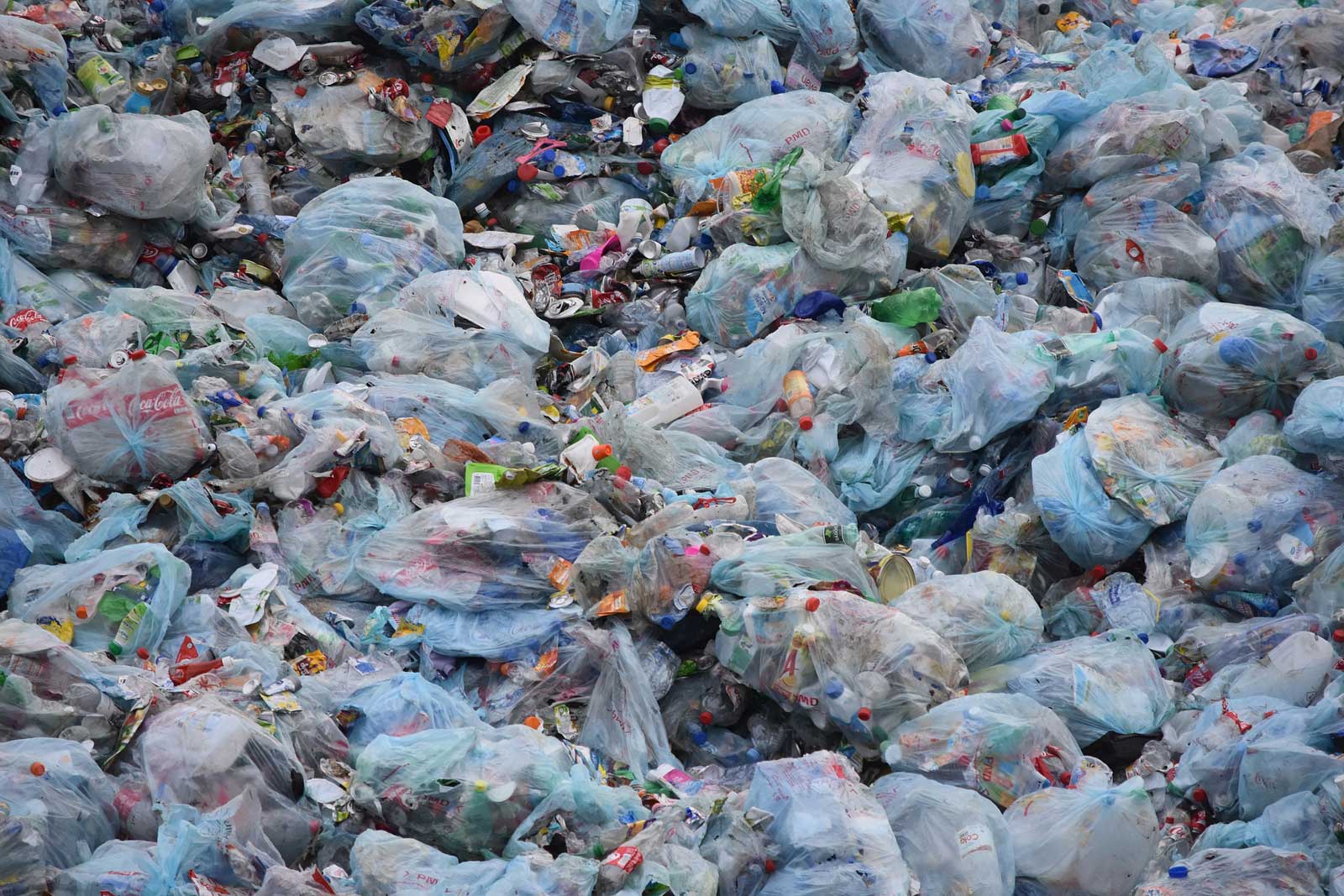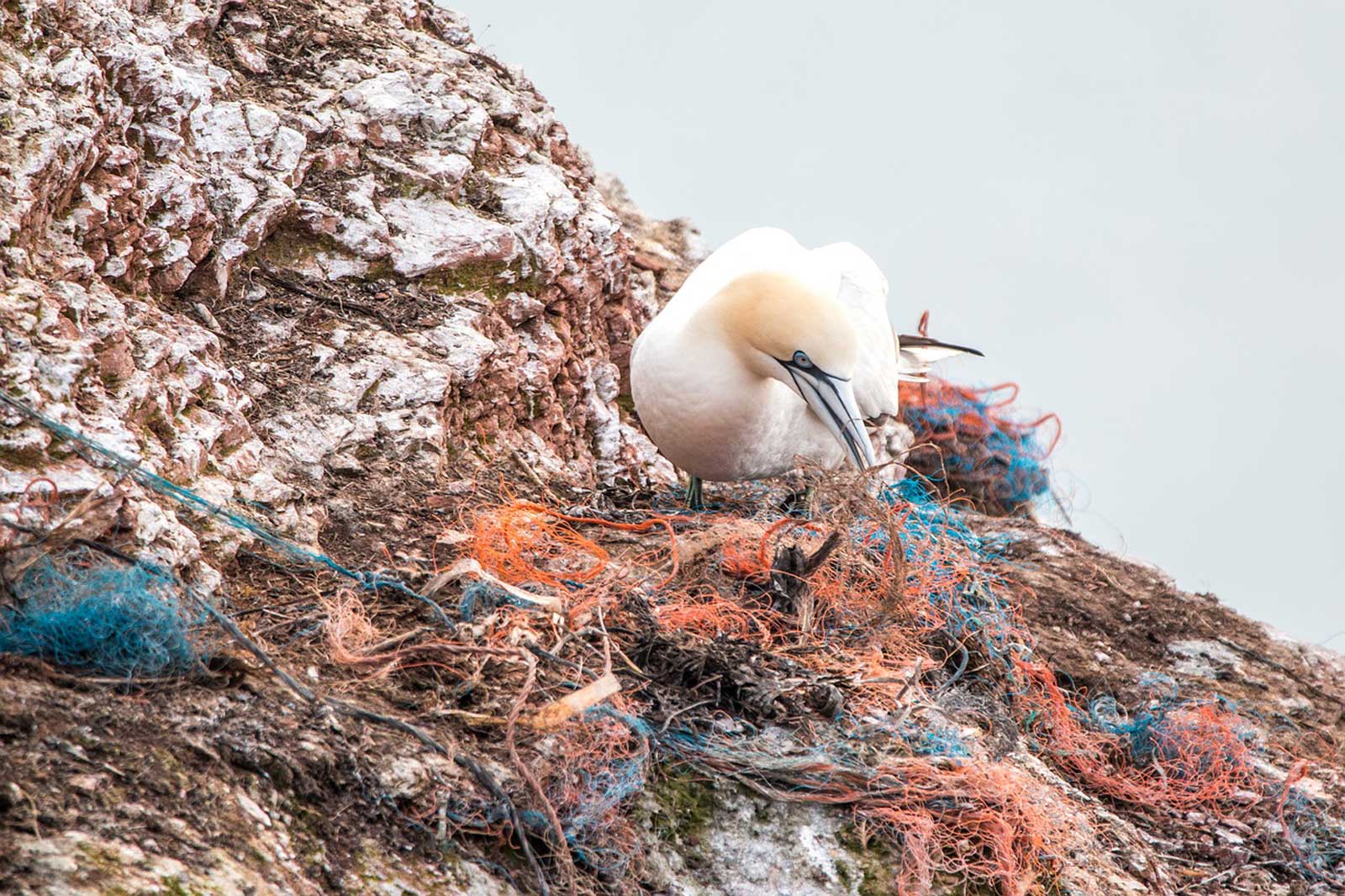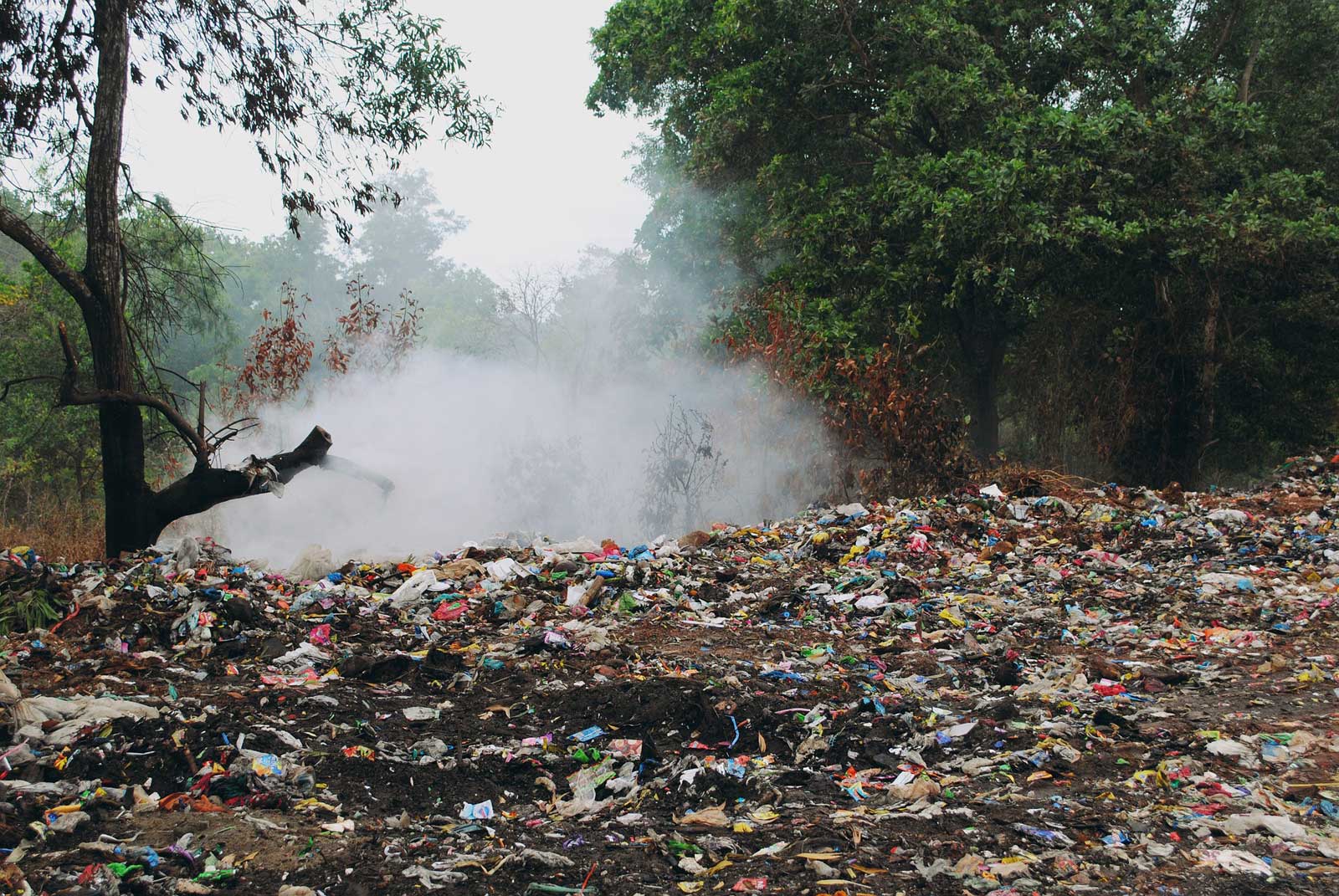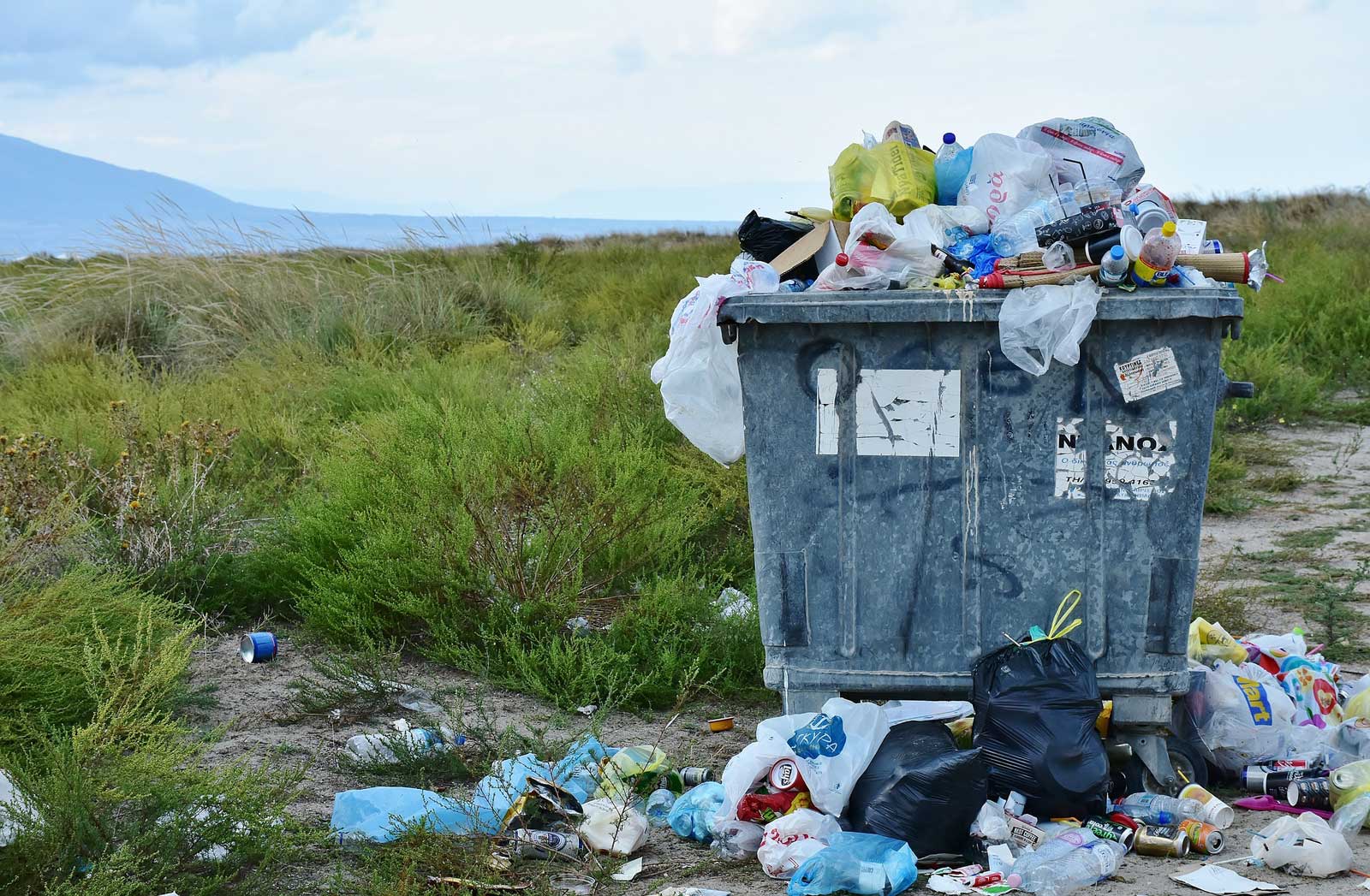Plastic is one of Planet Earth’s arch enemies. The toxic man-made fibres used to create plastic shopping bags, fishing nets, toys, toiletries, and other disposable items, continue to poison our planet. Population growth has led to a huge increase in plastic pollution, and the desire for more material items to suit our fast-paced lifestyle has led to further manufacturing of ease-of-use products. When we’re done with something, we dispose of it. That waste pollutes landfills, strangles our marine life, clogs up water systems and all those “plastic” chemicals seep into our systems, killing us slowly.
A number of eco-conscious African countries are already involved in banning the use of plastic bags, with Tanzania being to latest to join the countries of zero plastic bags. This is a massive step forward towards saving our planet from a slow death, an undertaking that requires plenty of logistics and creative thinking.

Banning the use of plastic bags is a small change that can be implemented in your own household, and at country level. While it might be a minuscule change in the grand scheme of things, it’s a start. The good news is (there is some), is that people are becoming more aware of the dangers of plastic and how single actions can create a snowball effect within communities and countrywide. Many earth-conscious people have promised to change their ways, and have implemented their own changes. We’re witnessing a progression towards using proper bags for shopping, buying eco-friendly ear-buds, the industrious crowd designing outdoor furniture from recycled plastic and take-out junkies opting to use eco-cups and bamboo straws. It has become trendy to be environmentally conscious – and when something is trendy, it takes shape in social media, print and other sources of media.
Politicians and countries need to lead by example, and we’re seeing massive actions taking place in Uganda, Kenya, Rwanda and now Tanzania in the war against plastic. These countries have a raw, wild and untouched landscapes with wildlife roaming free. Tourism sustains these countries, and they cannot afford to have our last remaining wild regions tainted by the careless efforts from blissfully unaware humans. As a result, they’ve banned the use of plastic bags – a drastic action taken, but a much needed one. Kenya implemented the ban in 2017 and currently has the harshest plastic bag ban. Producing, using and selling plastic bags can see culprits facing up to 4 years in jail or a hefty fine! More money, more convenience and more of a throwaway society.
So what exactly does “banning the use of plastic bags” mean for travellers to Tanzania? Visitors to the country won’t be allowed to bring plastic bags onto the mainland of Tanzania (regardless of thickness). They cannot be imported, exported, manufactured, sold, stored or supplied. Plastic and packaging for medical supplies, industrial, construction, agricultural, foodstuff, sanitary, and waste management industries are not prohibited. Ziploc bags brought into the country housing traveller’s toiletries will not be banned, as these bags are not generally discarded and left in the country.
Why is plastic the enemy?
Plastic is composed of heavy toxins that cause significant harm to the environment. The toxins seep into air, water ad the land. Slowly, we are killing ourselves and our planet. In effect, plastic upset the world’s ecosystems. Turtles, dolphins and marine life get caught up in six-ring plastic can holders, bills of birds are trapped shut with plastic rings and the biggest threat to the ocean is the plastic commercial fishing nets so easily discarded after large-scale trolling operations.
In 2015, Jenna Jambeck, a University of Georgia engineering professor, reported that there is between 5.3 million and 14 million tons of garbage washed up onto land, from coastal regions alone. Most of this trash isn’t thrown off ships. The majority of the garbage is carelessly dumped in rivers and on land in Asia. It’s either carried by rivers or blown across the ocean, and litters other areas.
How can you reduce the use of plastic in your life ?
Make eco-bricks : Collect empty 2 litre soda bottles and stuff them with plastic. The bottles become very heavy and are actually used as bricks in certain areas in South Africa.
Say no to plastic straws : Opt to use paper, bamboo or metal straws. Numerous places within South Africa only use bio-degradable or alternate straw solutions.
Biodegradable products : Use eco-friendly cleaning products and earth friendly cosmetics. And if possible – reduce your use of bottled water.
Don’t use take-out coffee cups : The majority of conscious coffee outlets have take-away mugs for purchase, which they will fill the next time you buy coffee.
Make the shift to shopping with paper bags : Keep a shopping bag in the boot of your car, and remember to take it into the shop!
Buy recyclable bathroom amenities : Make better choices when it comes to buying ear-buds (bamboo), cotton pads, and cosmetics. There are plenty of earth-friendly amenities available if you make conscious choices when it comes to shopping.
Educate yourself : This is self-explanatory. Read the literature, the white papers and watch documentaries. Learn how you can make a difference.
Recycle : Recycle the plastic you do use, and come with creative ways of using plastic in your home.
The Tanzanian Government has banned the use of plastic bags effective 01st June, and we’re seeing massive global shifts towards the banning of bags. Click here to find a comprehensive list of countries that have already implemented the banning of plastic bags.




